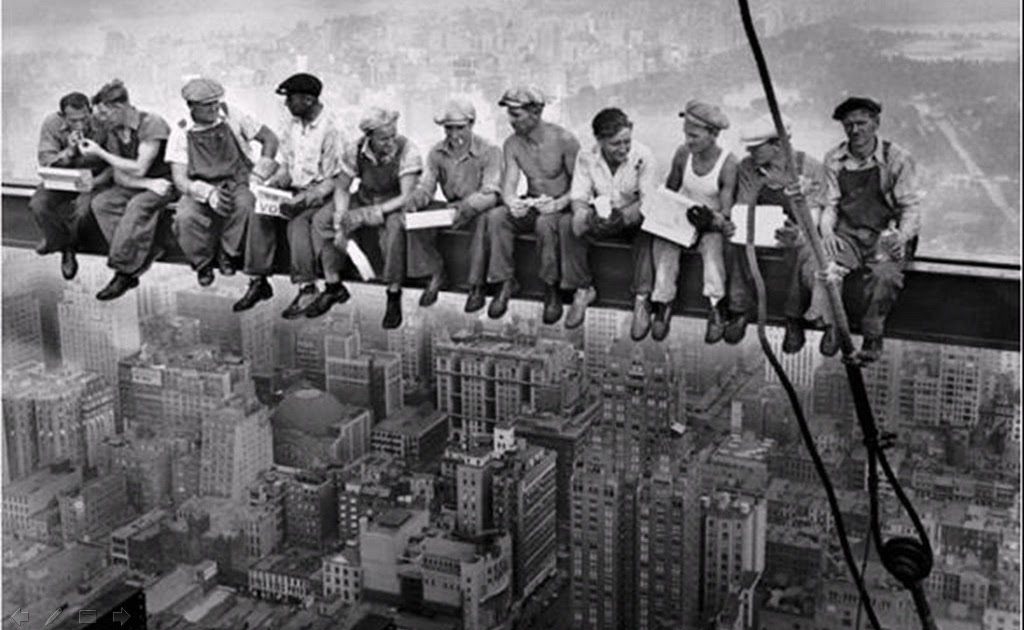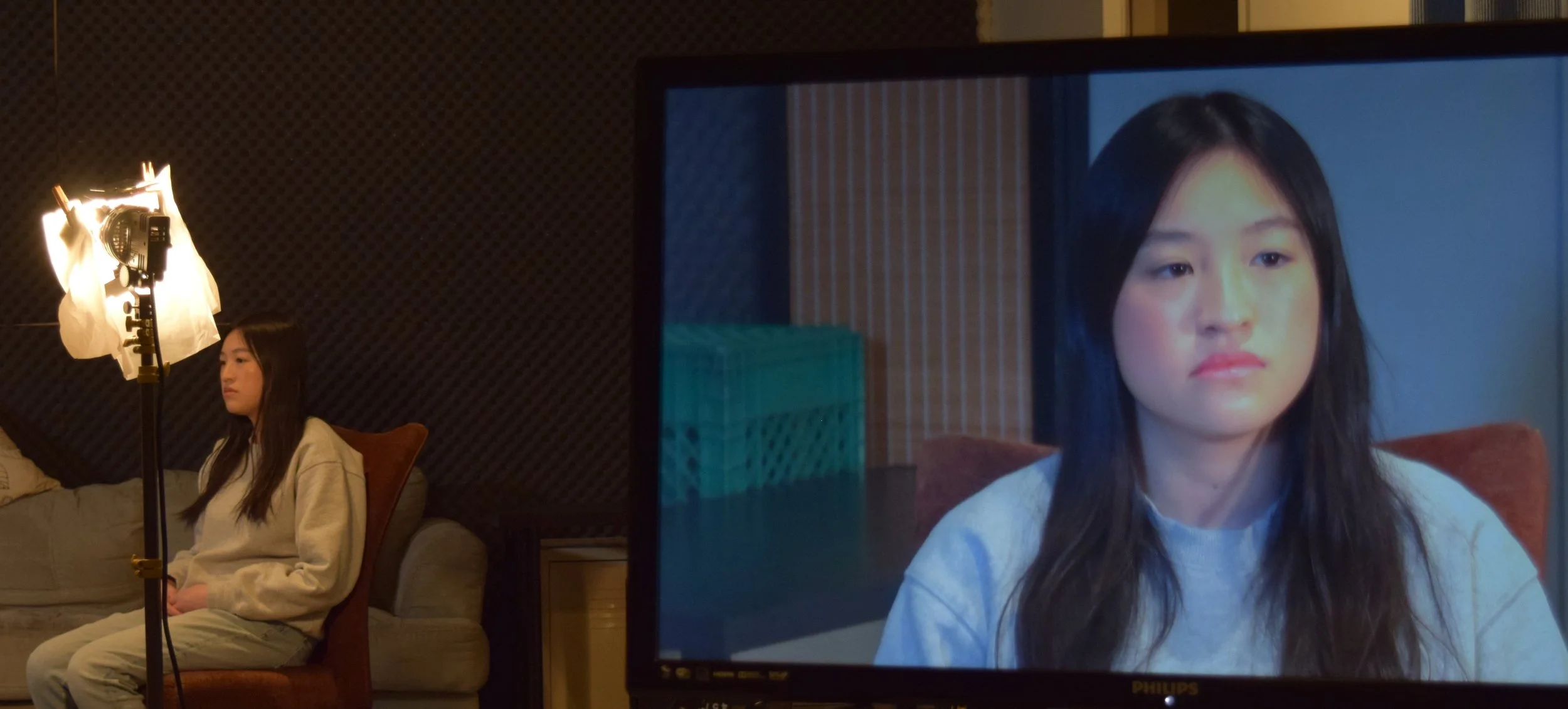Working-class actors.
/Are there less working-class actors today then when I was in drama school in 1972?
Reading the Guardian article by Carole Cadwalladr Why Working-Class Actors are a Disappearing Breed prompted my writing on the question.
We could also ask, ‘Are there less movies today showing the life of working-class people?’.
Cadwalladr writes, “But it’s part of a much bigger picture. Because what has happened in acting and therefore what we see on our screens is intimately connected to what is happening in Britain. Acting, culture, identity, representation and politics are all inextricably entwined. The actors on our screens, the dramas that are commissioned, the way we view ourselves, the politicians we vote for, our ability to empathise with people from other parts of our culture, are all of a piece.”
The question ‘For whom?’ must be asked about TV and movies as well as other areas of life. The production has been made for whom? The themes of Netflix series are for whom? The ideas in blockbusters are whose? The Academy Award winning movies are for whom?
This is an important question for discussion as most of the people in the world are working-class.
The Guardian article adds, “Last year, a report revealed that half of Britain’s most successful actors were privately educated. The Sutton Trust found that 42 per cent of Bafta winners over all time were educated independently. 67 per cent of British winners in the best leading actor, actress and director categories at the Oscars attended fee-paying schools – and just seven per cent of British Oscar winners were state educated.”
My class at The National Theatre School of Canada had seven members out of a class of sixteen from working-class families.
What’s your experience?









